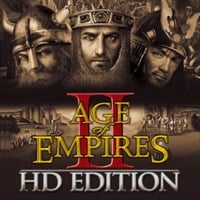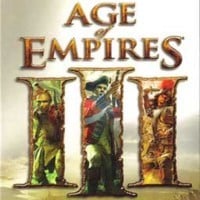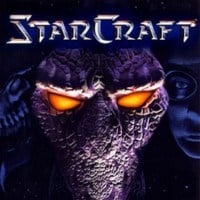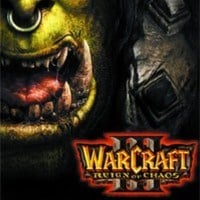17. Shogun: Total War. 20 Best Classic PC Strategy Games

- 20 Best Classic PC Strategy Games
- 19. Heroes of Might and Magic II
- 18. Master of Orion II
- 17. Shogun: Total War
- 16. Age of Empires II
- 15.The Settlers (1993)
- 14. Age of Empires III
- 13. Command & Conquer: Red Alert
- 12. Company of Heroes
- 11. Dungeon Keeper (1997)
- 10. The Settlers II
- 9. Black & White
- 8. Command & Conquer (1995)
- 7. Sid Meier's Civilization (1991)
- 6. Dune II
- 5. StarCraft II
- 4. StarCraft
- 3. UFO: Enemy Unknown
- 2. Heroes of Might and Magic III
- 1. Warcraft III
17. Shogun: Total War
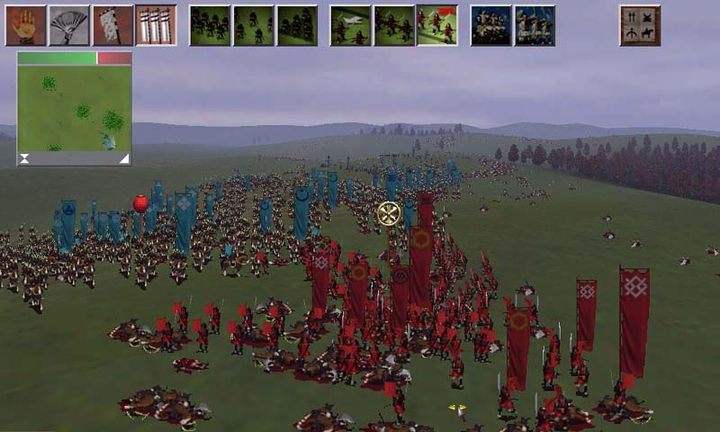
- Genre: combination of real-time strategy with turn-based gameplay
- Developer: Creative Assembly
- Platform: PC
- Released: 2000
Tags: real-time, turns, tactical battles, history, samurai
At the turn of the millennium, another revolution took place in the world of digital strategy games. As I mentioned before, in the 1990s there was a fairly clear division between turn-based and real-time strategy games (with a few exceptions, such as the Lords of the Realm series). In 2000, Creative Assembly knocked down the wall dividing the two gebres for good and gave the world the first Total War.
The action of Shogun: Total War takes place in Japan during the sengoku period, when the great samurai clans plunged the country into a bloody struggle for power and influence. However, it was not the chosen era that was the most important element here. The British studio's work stood out for its brilliant combination of gameplay on strategy map, on which our clan battled the AI-controlled opponent for control of the country in turns, with thrilling and difficult battles played out in real time.

SPORTS PREHISTORY
Before Creative Assembly created its flagship series, the studio was more associated with sports games. The team has participated in the development of FIFA International Soccer, the first ever part of the FIFA series.
It was also the fulfillment of the desires of many a fan of computer strategies, who had always dreamed of being able to manage an entire country in a single game and at the same time command individual units during tactical battles. As it turned out, this vision was as feasible as it was possible to implement, and the combination of turns and real time brought many new options. On the campaign map, we not only recruited new troops, but also pursued a full-fledged policy, with diplomatic contacts, betrayals and assassinations of enemy generals.
FANTASTIC EXPERIMENT
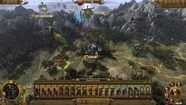
Over the years, developers at Creative Assembly have stuck firmly to the historical setting, and their subsequent games have referred to subsequent historical eras. The Total War series was based on several major titles that repeatedly took us to feudal Japan, medieval Europe, ancient Rome, and the modern period. It was not until 2016 that the studio released a Total War that was set in the fantasy universe of Warhammer. The game and its sequel were a huge commercial success and refreshed the franchise.
Quite recently, the first part of the saga of minor spin-offs has also been released, which revisits historical settings, only on a slightly smaller scale. These actions are a good example of how a formula can be refreshed without completely departing from its general premise.
The battles, on the other hand, were devoid of all economic elements, so that we did not have to worry about collecting resources and could focus on the tactical aspect of the gameplay. The latter was executed brilliantly, thanks to which some skirmishes from almost twenty years ago have remained in my memory to this very day.
The first Total War was also the beginning of a new genre of hybrid strategy games, a great series of games that continues to top the popularity charts even today. Over the years, this gameplay formula has received many imitators, such as the King Arthur series and Imperial Glory.

